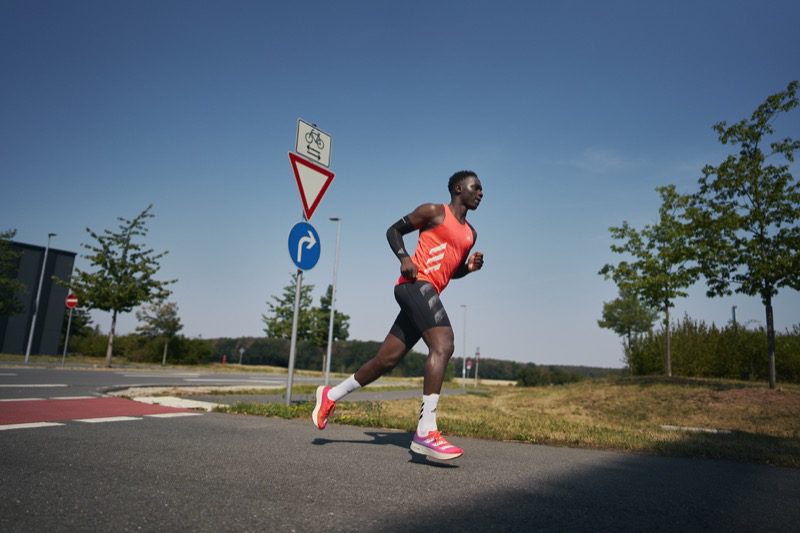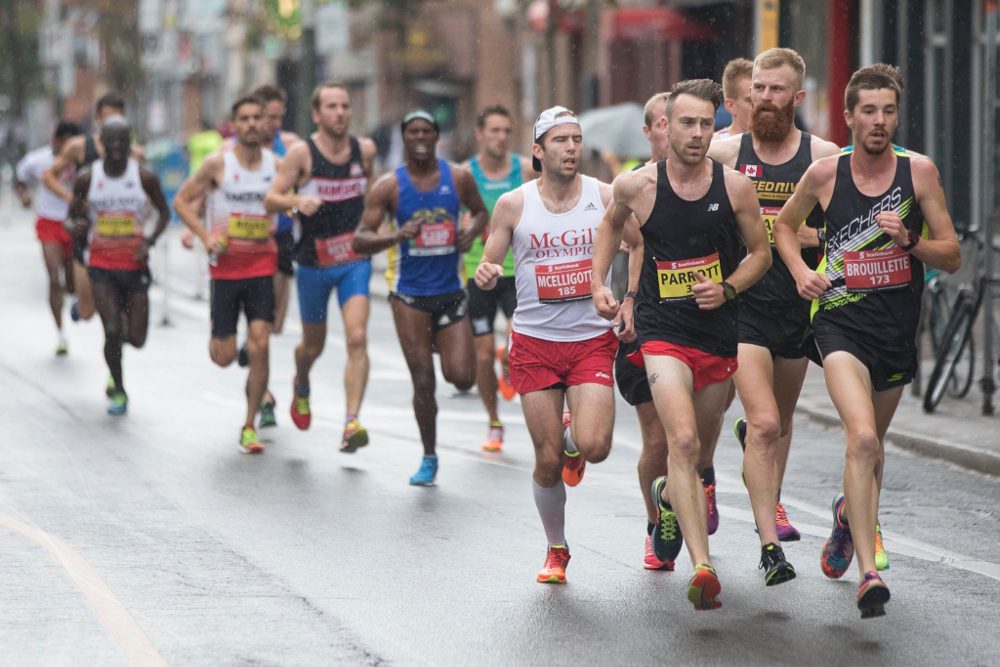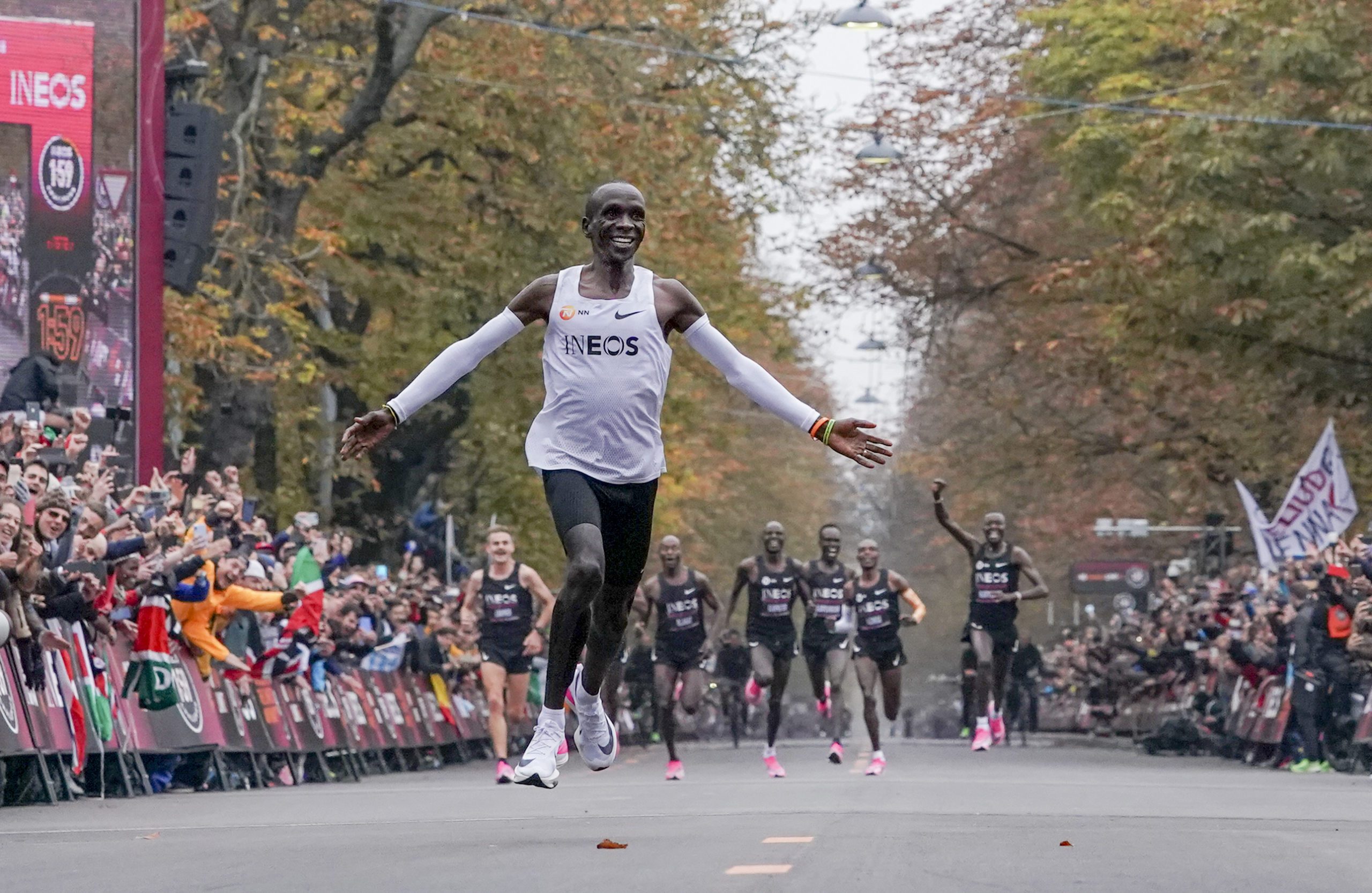4 mental training tips for handling discomfort
When the going gets tough, controlling your mind can get you to the finish

Running is a mental game. When you reach the hard part of a workout, long run or race, your brain will start trying to tell you to quit or slow down. Ignoring this urge to give up is a huge part of the success of any runner, but this kind of mental strength takes practice. Use these tips the next time negative thoughts creep into your head during a run.

This too shall pass
Pain during a workout or race can feel like a loss of control. The easiest way to regain that control is to stop running, which is a large part of the reason why many runners give up when they start to enter into the proverbial hurt locker. One simple way to mentally stay in control without throwing in the towel is to remind yourself that the pain is temporary, and establish an endpoint to the pain. Of course, in most cases, this will be the end of the race or workout. To help you get through the tough patches, try breaking down the race into chunks that are more manageable to you. For example, if you’re running a marathon, perhaps you focus on 5k at a time, or if you’re racing a 10K, maybe you break the race down into 2k sections. This will help you tackle it bit by bit, instead of thinking how far you have to go right from the start.

Have a cue word
A lot of runners create mantras that help them get through tough runs, but you can make that even simpler by having just a cue word as well. The advantage to having a cue word as opposed to a full-sentence mantra is that you can repeat it in time with your foot strike, which can have an almost meditative effect that can help calm you down. For example, you could choose the cue word “strong” to remind yourself that you can handle whatever discomfort you’re feeling, and repeat it over and over again to get you through rough patches on during the race or workout. Even just counting your footstrikes, or focusing on your breath count, can give your mind something else to focus on, rather than the desire to stop.

Don’t cling to your expectations
Visualizing your race ahead of time is a great way to mentally prepare for it, but you don’t want to become too attached to that vision you created in your head in case unexpected things happen. For example, maybe the pace starts to feel hard several kilometres earlier than you thought it would, or maybe the weather is a lot hotter or windier than you expected. If you’re too attached to the vision you had for your race going into it, your brain is likely to fixate on the things that don’t fit within that image, which could erode at your mental strength and make the race feel even harder.
Instead, try going into the race or workout with an open mind. Tell yourself that whatever happens, you can handle it, and that the race doesn’t have to go 100 per cent perfectly in order for you to still have a good result.

Smile
You may have heard other runners talk about the “Kipchoge smile method,” which references marathon world record-holder Eliud Kipchoge’s habit of smiling during his races. It may sound silly, but when things start to feel difficult and pain starts to set in, smiling can actually relax your body and remind you that running is supposed to be fun — something that’s easy to forget in the final few kilometres of a race when your legs and lungs are burning.


